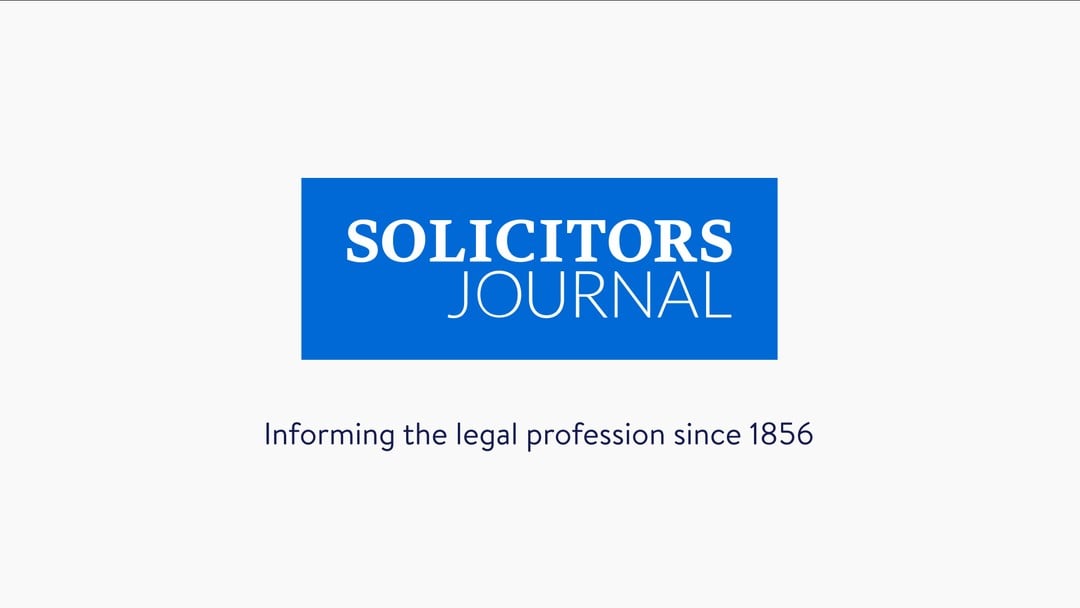Judges call for specific offence of juror contempt

'Improper accessing of information' as harmful to trials as other misconduct
Senior judges have said there is a "good case" for a specific offence to deal with jurors who ignore warnings and "intentionally seek or obtain information about a case which they are trying".
Responding to a Law Commission consultation on the law of contempt, Lord Justice Treacy and Mr Justice Tugendhat said a new offence "would be consistent with statutory or common law offences which criminalise other misconduct by jurors".
They said it would recognise the fact that "improper accessing of information" could be as harmful to a trial's integrity as other forms of misconduct.
The judges also said it would avoid the "potential uncertainty which could arise under the present system where judges' instructions to a jury may take different forms and which run the risk of being misconstrued by jurors as something less than a mandatory court order".
Treacy LJ and Tugendhat J went on: "The scope of any such offence should be broad enough to cover researching any matter relating to the trial in question.
"It is axiomatic that the jury must reach its verdict based on the evidence seen and heard in the courtroom, together with the judge's directions as to what the relevant law is and how to apply it."
The judges said they recognised the argument that fellow jurors might be more reluctant to report a breach if there was a new offence, but this would be outweighed by the benefits of clarity.
"Moreover, if no statutory offence relating to the seeking of information were to be enacted, so that the matter continued to be dealt with as a contempt of court, the inevitable move towards giving jurors fuller information about what is prohibited and the potential criminal penalties for breach are likely to have a similar effect in any event.
"We do not consider that such an offence would breach jurors' article 8 and 10 rights. The prohibition would be likely to be regarded as proportionate and necessary."
Lady Hale called for more research into juror behaviour in a speech to the Socio-Legal Studies Association at the end of last month.
She said that research had revealed "the unsurprising fact that jurors do not always understand the judge's directions and even if they do understand them they do not always follow them."
Lady Hale said courts were "understandably anxious" to address the problem but could not risk accepting that "a large number of jurors may be deciding the case by what they have learned outside the courtroom and will not understand how unfair this is."
She added: "The courts have to go on trusting the jury otherwise the whole system will collapse."

